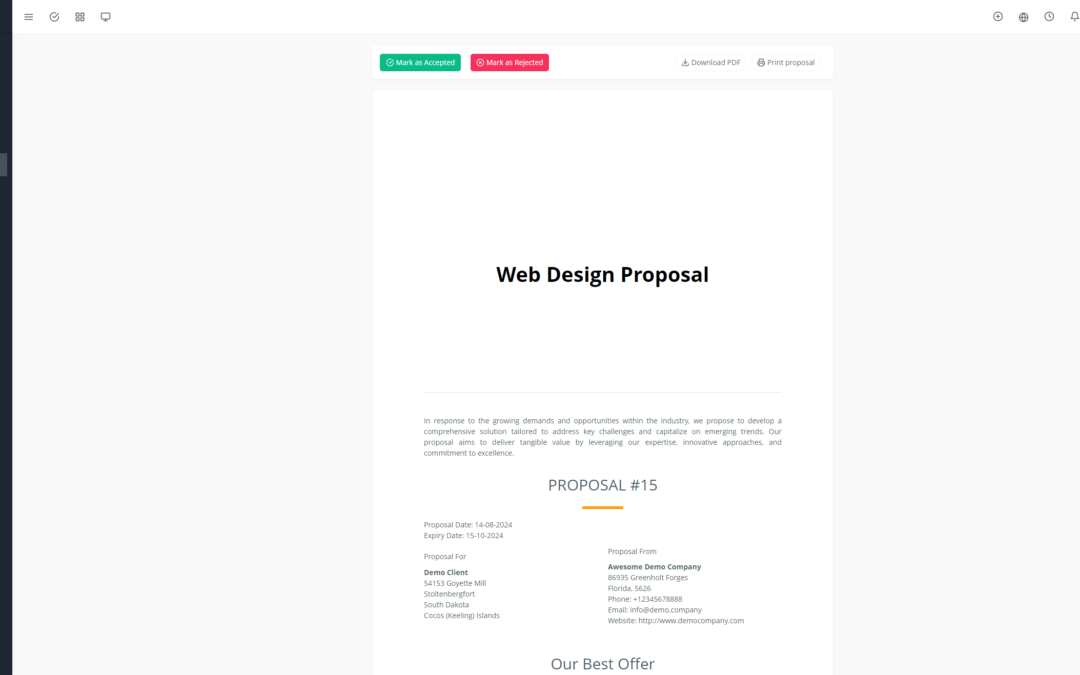Welcome to your comprehensive guide to deciphering the technical jargon of CRM cloud migration! 📚
This glossary has been designed to help you understand the important terms related to this crucial process for today’s businesses. Whether you are a CRM expert or a beginner, this tool will allow you to navigate the world of cloud migration with confidence. 🤝
Why is this glossary important?
Understand CRM cloud migration: This glossary will help you gain a clear understanding of the concepts and technical terms associated with migration.
Facilitate decision-making: By deciphering jargon, you will be better equipped to make informed decisions regarding your migration.
Avoid confusion: This glossary will clarify terms often used ambiguously, eliminating misunderstandings and communication errors.
Here are some of the essential terms you will encounter:
Cloud Computing ☁️: Cloud computing involves providing computing resources, such as servers, storage, and software, via the internet. Instead of owning and maintaining your own equipment, you rent these resources from a cloud service provider.
CRM (Customer Relationship Management) 🤝: A CRM system is software that allows you to manage and improve your relationships with your customers. It helps you track interactions, automate tasks, and analyze data to better understand your customers.
Cloud Solutions 📦: Cloud solutions are software applications or services hosted on cloud servers. These solutions are accessible via the internet and can be customized to meet the specific needs of your business.
Cloud Service Providers 🏢: Cloud service providers are companies that provide cloud resources and services. Examples: Amazon Web Services (AWS), Microsoft Azure, and Google Cloud Platform (GCP).
Cloud Deployment Models 🏗️: Cloud deployment models describe how applications and services are hosted and managed.
IaaS (Infrastructure as a Service): Provides basic computing resources, such as compute, storage, and networking.
PaaS (Platform as a Service): Offers a comprehensive environment for developing and deploying applications.
SaaS (Software as a Service): Provides software applications via the internet.
Data Security 🔒: Data security is a crucial element of CRM cloud migration. It is essential to choose a cloud service provider that offers robust security measures to protect your sensitive data.
Migration Costs 💰: CRM cloud migration involves various costs, such as licensing fees, service fees, infrastructure costs, and personnel costs. It is important to budget for the costs associated with migration.
Here are some concrete examples of using these terms:
“We decided to migrate our CRM system to a cloud-based SaaS solution.”
“Our cloud service provider is AWS, and we use their IaaS service to host our new CRM application.”
“Data security is a top priority for us, and we chose a provider that offers military-grade encryption.”*
This glossary is your practical guide to understanding CRM cloud migration. Feel free to refer to it to decipher technical terms and make informed decisions for your business. 💡

